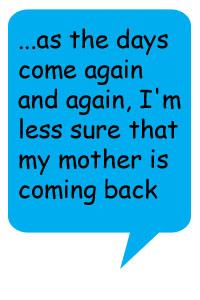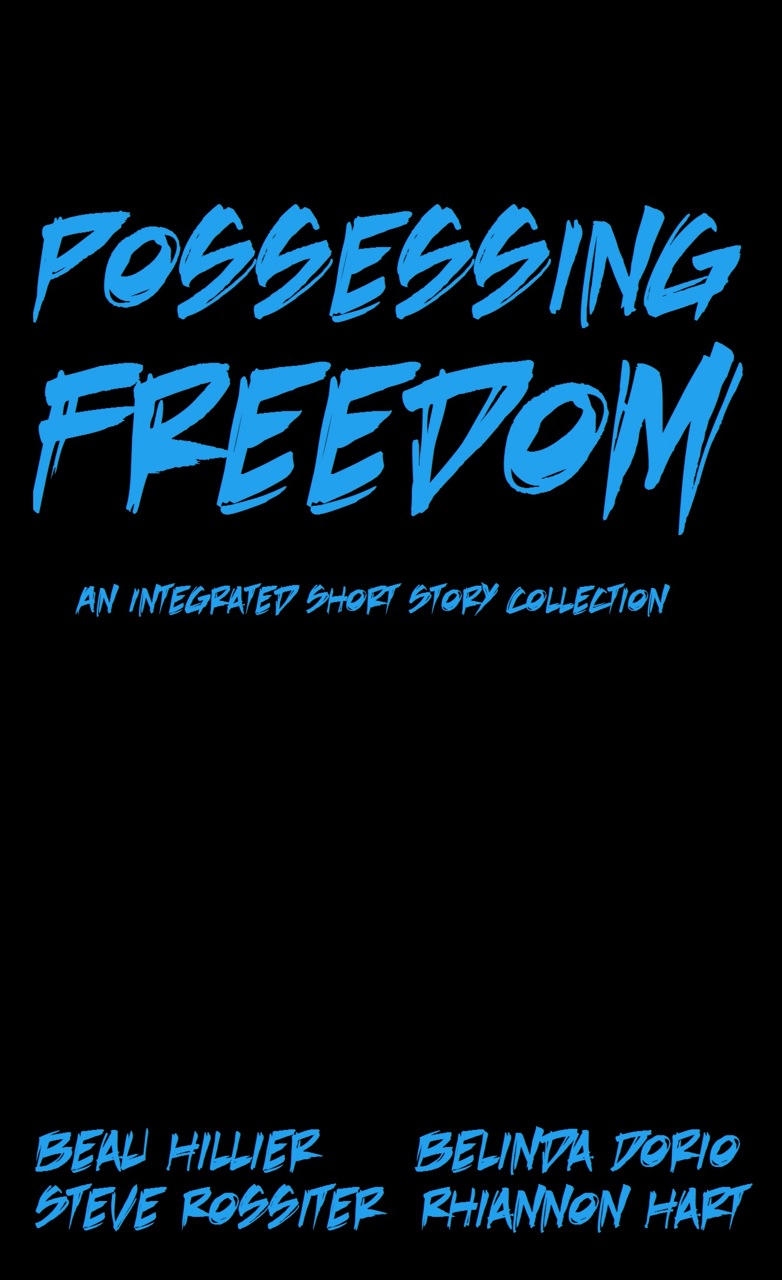Possessing Freedom is a unique literary entry in the YA genre in that it was written through a collaboration involving several Australian authors, from up-and-comers to more established names. Co-author and publisher Steve Rossiter shares details on the path to getting this futuristic ghost story published, as well as details on an exciting fan fiction competition.
 YOUNG ADULT: What made you decide to open the writing of this book up to a collaborative process?
YOUNG ADULT: What made you decide to open the writing of this book up to a collaborative process?
STEVE ROSSITER: The idea began as a writer development initiative for writers in Melbourne, Australia. I wanted to provide an opportunity for local writers to build on their fiction writng skills. I found Belinda Dorio and Beau Hillier to become the main contributors for Possessing Freedom, with four stories each, then Rhiannon Hart (who has two novels published by Random House) and I contributed two stories each. The collaborative writing process worked out quite well (which is not always the case), and the end result is a great integrated short story collection – or collaborative novel, depending on how you look at it.
YA: Tell us a little bit about this latest work.
SR: Possessing Freedom is a novel-length Young Adult integrated ghost anthology, featuring twelve stories by four authors. When 17 year old psych ward patient Alice Travers discovers her ‘imaginary friends’ are actually ghosts and that some of them are not so friendly, things get complicated. Set in Melbourne, Australia in 2026, the book explores the theme of freedom and confinement on numerous levels, from the physical to the psychological/emotional and supernatural/philosophical.
| YA: What are some of the qualities in the work that set it apart from what’s currently out there on the young adult market? SR: Possessing Freedom is a little different from what’s currently out there. The 2026 Melbourne setting and the original take on ghosts are differentiating factors. The alternating-narrator structure of the book creates an ensemble dynamic while maintaing story momentum and a clear sense of direction across the different narrators. There are admirable characters and not-so-admirable characters, but readers will get to know each and understand how they came to be the way they are, as the central conflict plays out. |
 |
YA: Can you describe the path to getting this work published? What were the challenges? What was easy about it?
SR: As the person who initiated and published Possessing Freedom, it was easy to get it out there. Along the way, we managed to workshop the first story with New York Times bestselling Young Adult novelist Maria V Snyder while she was in Australia on a book tour. The more challenging part is spreading the word and building up a readership for the book. As a small publisher, I don’t have the huge networks of industry and reader relationships to the extent that a major publisher has built up over maybe a hundred years of publishing. So building up a readership is a steady, gradual process which takes time and effort!
YA: Where do you see the future of writing and publishing headed in light of the advent of new technologies, like e-reading, social networking et al?
SR: I don’t necessarily think technological developments will change the way most novels are written. While the potential for all sorts of interactive elements and social media integration with the actual text of the book are possible, I think the classical form of straight text is going to remain popular for a long time. However, e-reading, social media, etc, are already having big impacts on the way most novels are publicised and how novelists connect with readers. For example, Possessing Freedom has its own site online, a Facebook page, and a private Facebook group where readers in the attached fan fiction competition can mingle. The contributing authors are also on sites like Facebook and Twitter. Digital technology also enables easy global distribution for the book – in ebook and print form.
An interesting development which has come out of e-reading and mobile internet access is the ability to distribute books in large quantities at relatively low cost to readers in developing countries. A charity called Worldreader has embraced this concept and uses technology such as Kindle and biNU to distribute ebooks in developing countries to improve literacy and education. Danielle Zacarias from Worldreader recently explained their progress to date in an article for International Literacy Day.
YA: Please explain a bit more about the fan fiction competition. What was the impetus to open this up to fans and readers?
SR: The fan fiction competition was designed to engage readers and help them improve their fiction writing skills.
It is for stories of 2000-4000 words set in the same story-world as Possessing Freedom with a clear connection to at least one of the chracters in the book.
Entry costs AU$10 before March 31st 2013 or AU$15 between April 1st and August 31st 2013. Upon entry, writers are eligible to join the private Facebook group, which goes active January 1st, where they can meet other writers, discuss story ideas and their writing, and receive fiction writing tips. Contributing authors from Possessing Freedom and some of their publishing industry friends will also drop by the group from time to time to comment or interact with writers.

Possessing Freedom website (www.PossessingFreedom.net) (Live now)
Facebook page (http://www.facebook.com/PossessingFreedom) (Live now)
Fan Fiction Group (http://www.facebook.com/groups/405669519498908) (Private Facebook group for paid fan fiction comp entrants. Goes live Jan 1st, but paid entrants can go to this link and request to join the group so their request can be approved on Jan 1st.)